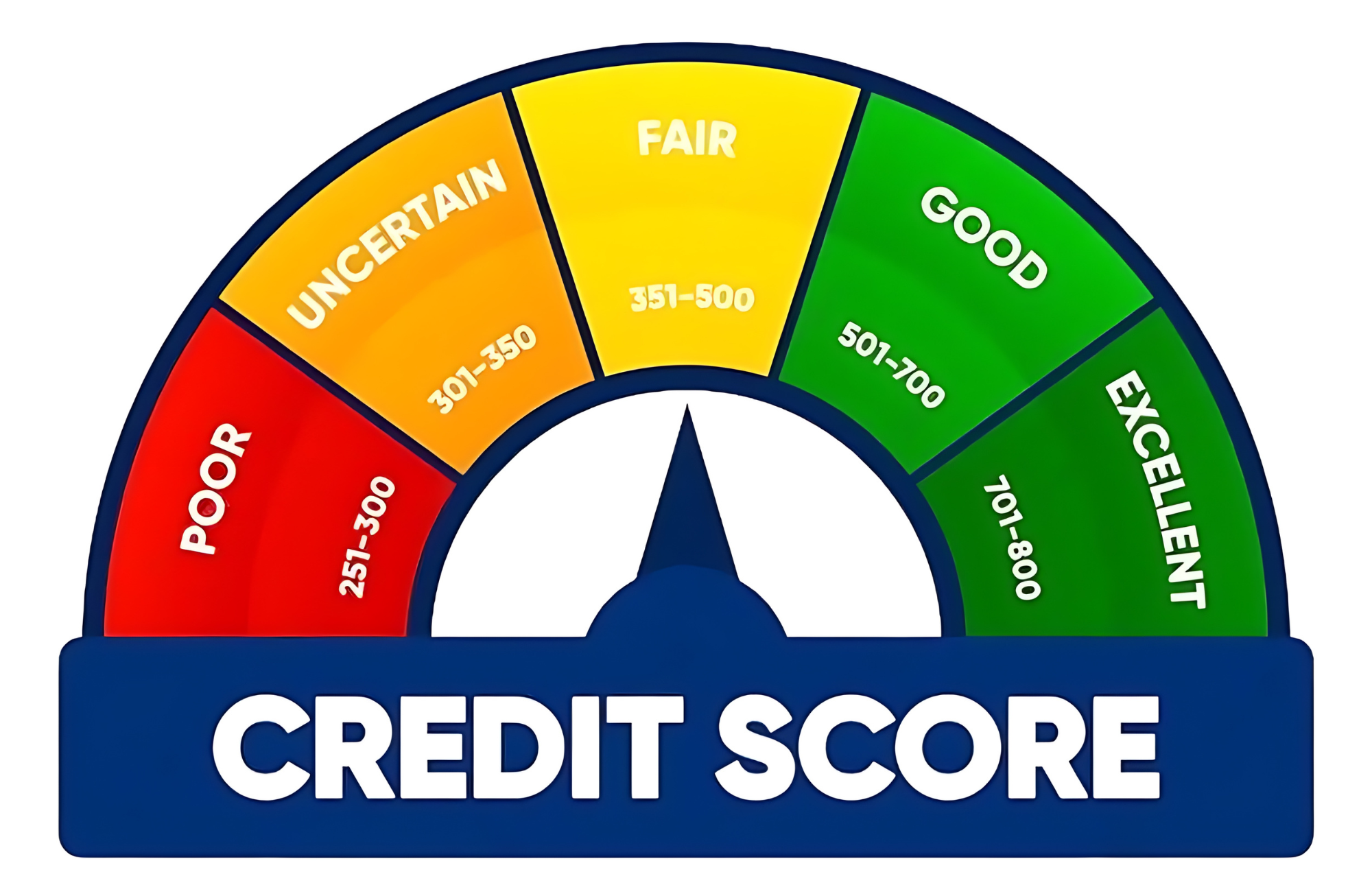Working Hours: Mon - Sat : 10.00 am - 6.00 pm
- info@omkadvisors.com
- +91-11-35006903
Vendor Financing & Bill Discounting Facilities


Arranging supply chain finance limits for both pre & post shipment of the goods for manufacturers, traders, construction companies and MSME.

Supply chain financing (SCF), also known as bill discounting in India, is a set of solutions that optimize cash flow by allowing businesses to lengthen their payment terms to their suppliers while providing the option for their suppliers to get paid earlier. This financial innovation benefits both the buyer and the supplier, enhancing their working capital management and liquidity. Essentially, SCF provides a win-win situation for all parties involved in the transaction — buyers, suppliers, and the financing entities.
How Supply Chain Financing Works:
- Invoice Approval: A buyer purchases goods or services from a supplier and approves the invoice for payment on a future date, typically based on the agreed credit terms.
- Early Payment Option: The supplier has the option to request early payment of the approved invoices from a financial institution (such as a bank or specialized financial services provider).
- Financing Institution Steps In: Upon request for early payment, the financing institution pays the supplier, discounting the invoice value by a small fee or interest.
- Buyer Pays the Financing Institution: On the due date of the invoice, the buyer pays the full invoice amount to the financing institution, completing the cycle.
Benefits:
- For Suppliers: They receive early payment for their invoices, improving their cash flow and reducing the cash conversion cycle.
- For Buyers: They can extend their payment terms without negatively affecting their suppliers, potentially improving their working capital position.
- Reduced Risk: Since the financing is based on the creditworthiness of the buyer, it often comes with lower interest rates compared to traditional financing options for the supplier.
Implementation in India:
In India, supply chain financing is increasingly popular due to its ability to mitigate the gap between receivables and payables, a common challenge for businesses. The Reserve Bank of India (RBI) and various financial institutions have recognized its potential in improving the efficiency of the country’s supply chains, especially for small and medium-sized enterprises (SMEs) that often face difficulties in accessing traditional forms of credit.

Digital platforms and fintech companies are also entering the SCF space, leveraging technology to connect buyers, suppliers, and financiers more efficiently. These platforms offer automated invoice discounting mechanisms, allowing for quicker processing times and lower operational costs.
However, for the ecosystem to thrive, awareness and understanding among SMEs, robust legal frameworks, and collaboration among all stakeholders are crucial. As the Indian economy continues to grow, supply chain financing can play a significant role in supporting the financial health and sustainability of its business sector.












